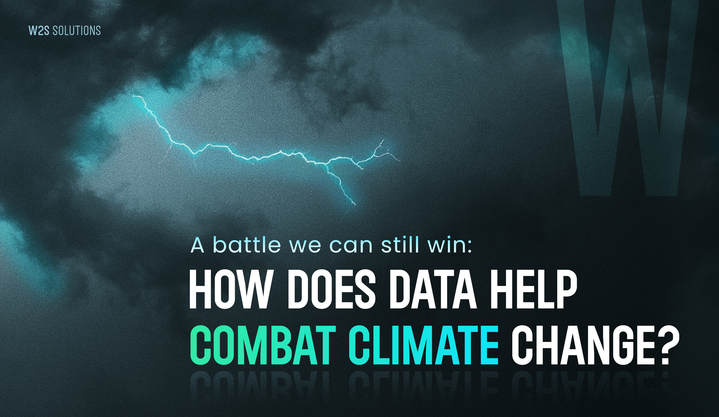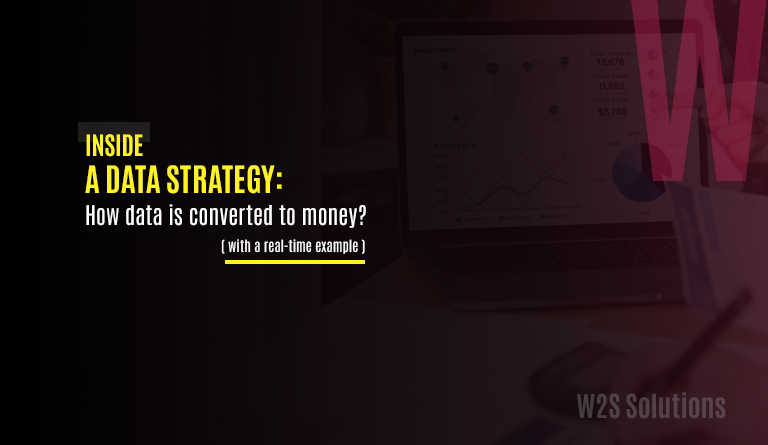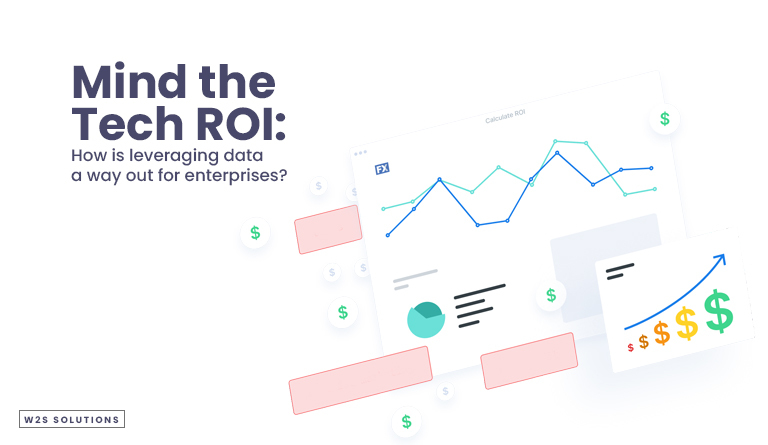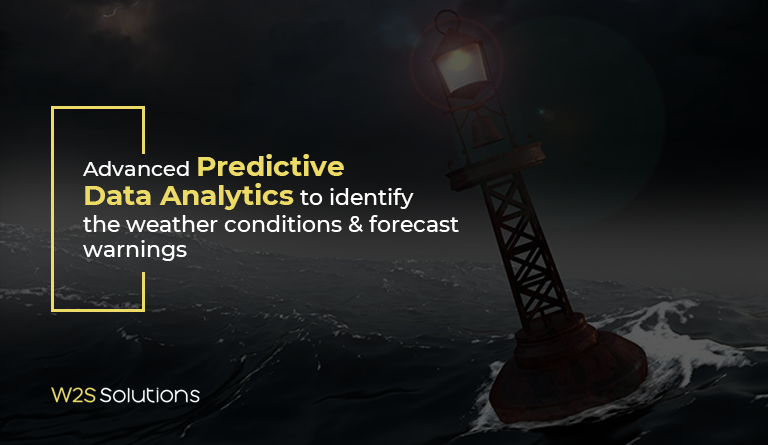Overview: The negative implications of climate change are well known, and the current epidemic has demonstrated how open our planet is to external risks. Sea levels rise due to melting glaciers, earthquakes are common, tsunamis can strike coastal towns, and global warming is increasingly problematic. Enterprises should use big data to fight climate change and promote a more sustainable future. Continue reading this blog to know how big data will help your enterprise to combat the climate crisis!
The idea that climate change is a distant problem or that it cannot be true because it is cold outdoors is two common myths regarding the current condition of the issue. It’s critical to dispel these misconceptions, but two more are actively blocking us from reversing the damage: the idea that there are more issues than there are potential solutions and the idea that climate change and capital investment are completely at odds. Data analytics is expected to play a crucial role in addressing the climate crisis before it worsens.
Many people are unaware that enterprises can reduce their carbon footprint by using big data solutions in their physical environments to monitor carbon emissions. It can also keep an eye on how much waste is produced and how much energy is used. According to a study, big data and climate change are expected to have a combined global market worth $167.67 million in 2021 and $178.26 million in 2022. By 2027, the market is projected to grow at a CAGR of 6.48 percent, reaching $244.50 million.
Big data for climate change:

Big Data is frequently utilized to monitor and track changes on a global scale, and its importance in the field of climate is well recognized. The utilization of climate data and technical resources can both reduce climate change and create communities that are stronger and better. Even while some of the impacts of our mistakes are permanent, there is still time to make decisions that will help the fight against climate change.
One tried-and-true method to lower emissions is to switch to cleaner, more natural energy sources to suit our demands. To supply us with energy, natural sources of energy like wind and solar power need particular configurations. By using data analytics, we can determine the best places to put up wind and solar farms so that they can meet our demand for sustainable energy. This data can assist enterprises in implementing best practices to reduce their ecological impact.
Are enterprises embracing big data technology too late?
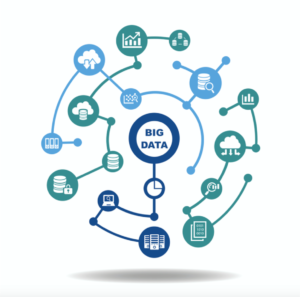
The fight against climate change necessitates deliberate efforts to alter entire societies, consumption patterns, and lifestyles. Getting everyone on the same path is difficult, which is the issue. Unfortunately, a lot of work still has to be done because some governments are pulling out of global climate agreements. Are efforts to combat global warming delaying the use of data analytics?
Is it already too late to use data analytics to help develop future sustainable solutions that aim to mitigate the effects of climate change? Several organizations now use data analytics to support ongoing climate research and increase our understanding of climate science. Although data analytics may have entered the picture sooner, it’s still possible for this new technology to impact choosing the best course of action. As a sustainable development consulting company in the market, we are solving the problems of today with the technologies of tomorrow!
-
Build sustainable products:
Data analytics can assist businesses engaged in sustainable manufacturing in developing ideas for products that impact the environment less. By looking at the relationships between materials, logistics, product design, and carbon emissions, these businesses can improve the sustainability of their production techniques and results.
-
Carbon footprint analysis:
Enterprises can precisely assess their carbon emissions by using big data technologies. They can pinpoint what must be done to reduce their carbon footprints and incorporate sustainable practices into the production process.
-
Promote climate awareness:
Despite denialists’ best efforts to silence climate change debates, the evidence for imminent climatic catastrophes is still strong. Just use data analytics to present credible information and inform the general population.
-
Reclaim extinct ecosystems:
Big data is now assisting environmental initiatives. Ecologists can use past data to pinpoint areas that can recover from severe drought and forest fire damage.
Read Also – Why Leveraging Technology Is A Practical Approach To The Climate Change Crisis?
What role has big data played in preserving the oceans?

The early years of the 21st century may herald a turning point where humanity can start to restore the world’s oceans thanks to two significant developments in ocean governance. Environmental scientists and groups can collect, clean, and analyze current data on plastic pollution using data analysis and data visualization technologies to better understand the causes, impacts, and size of the issue. Enterprises could train machine learning models to recognize the important factors and predict how they will affect the development of long-term plans to eliminate ocean waste.
We have similarly worked for a government project in building a featured data-centered ocean observation system to monitor weather activities and other natural disasters to provide instant solutions to overcome such abnormal situations. We also helped our client set up the premises, collect and feed data in a central system, identify patterns and anomalies, and leverage cross-platform app development services for instant response.
Our team of experts is open to challenges and ready to help your enterprise towards the climate crisis by offering the best customized big data analytics solution to reduce carbon emissions for a better future.
You can also view more of our works and case studies here!
Wrapping Up:
We still have time to use data analytics as a strategy for tackling climate concerns. Enterprises can find out through data analytics how specific actions can hasten or slow down the effects of climate change. The chances of reversing the harmful effects of climate change are possible if we follow measures like sustainable environment, solar energy, biofuel production, and emerging technologies like big data before they worsen. Enterprises willing to make efforts to reduce carbon emissions and the effects of climate change can get professional support from some of the data engineering firms to stay ahead of the competition.
